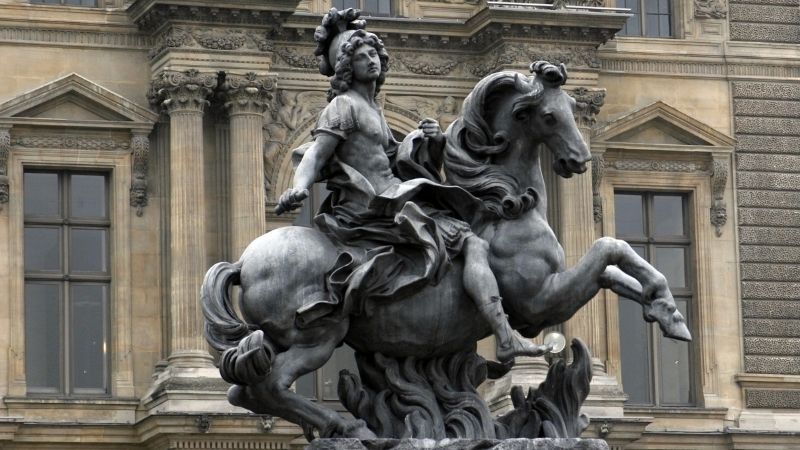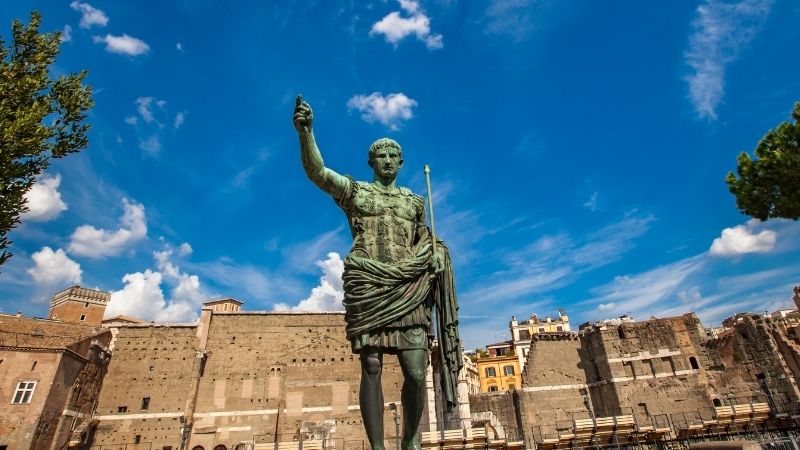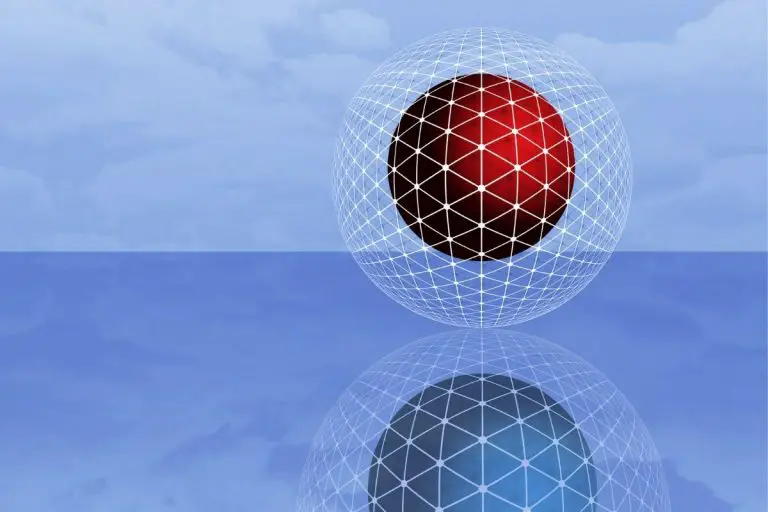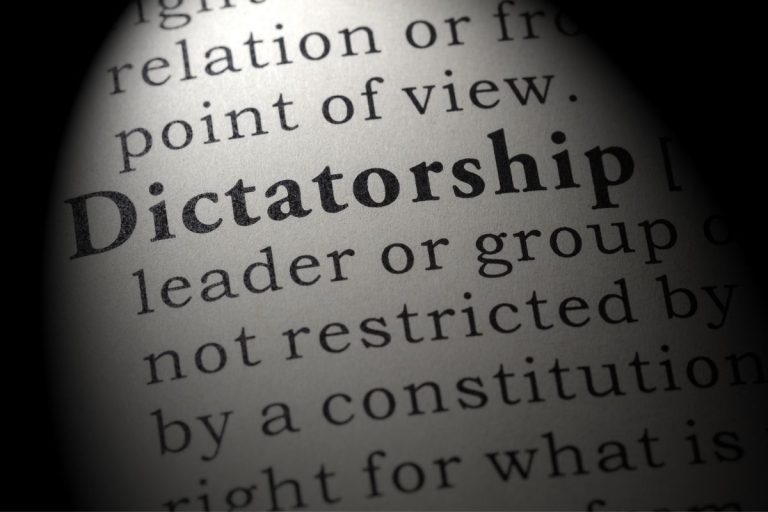What are the Differences between a King and the Emperor?
A king is a monarch, who rules for his whole lifetime after his coronation. But what is the Emperor in comparison?
Most people use both terms, but they have several differences in their respective contexts.
The term King can refer to either a human or an animal with their specific territorial regions. In contrast, an emperor occupies a large region to rule and have the highest power in this territory.
This article explained their difference in a clear manner.
King
Origin
King, it is an English term which is derived from Anglo-Saxon which further derived from Germanic origin “kuningaz”. In the historical linguistic, the literal meaning of king is the “son or descendant of one noble birth.”
Wikipedia
History
Historically, in the past centuries it is referring to Germanic kingship and was famous by tribal kingship in the pre-Christian period. It is enlightened in the history that the monarchies of Europe in the Christian Middle-Ages claims about the origin from Divine rights of kings and Christianization.
General Characteristics
Here are the main characteristics of a king:
- He must be the center of the universe.
- He’s able to make decisions.
- He lives with integrity and lives a life as a unified whole.
- He protect his dominion or realm.
- He encourage his realm’s creativity
- He has a strength and power to leave his legacy for his dominions.
- He must be a leader to people
Divine Rights
The rights of the king are politically and religiously authorized in a monarchy. The stems of the kingdom was framed in a monarch to receive the crown and the kingdom before the birth of the child.
Historically, it implies that only a divine authorized person can judge within the monarch and attempt to expel or depose and restricts the powers run by the king.
Source of power
There are different ways for a king in different culture to receive the crown, but the right to rule was considered as the inherited right. When a king died. Due to hereditary succession, his eldest son receives the crown or other male or female relative appointed as a king. Sometimes, the king came into power by conquering the territories or by assassinations.
Monarchy
Monarchy is a type of government ruled by a king, the monarch who is the superior of the state for his lifetime until abdication. In a monarchy both a king and an emperor are the rulers, but their powers are different among them.

King rules in a smaller territory as a within the empire but having a total control and hold over his kingdom. The distinction is not always the same in the history as many of the rulers and kings ruled over the large kingdoms and empire. For example, Edward VIII, George VI, King George etc.
Emperor
Definition
An emperor (from Latin: imperator, via Old French: emperor) is a monarch, and usually the sovereign ruler of an empire or another type of imperial realm.
Wikipedia
Emperors are recognized to be on the highest rank as compare to a king. Historically, an emperor has no one who ruled over an emperor, and they ruled over a large territory more than one nation.
History
The word Emperor has been used since the middle-age in Europe. They receive the equal or almost equal dignity same as the Pope in the past decades and considered to be a spiritual leader in the Western Europe.

The title of Emperor exclusively used as the Holy Roman Emperor, derived from the historiographical concept of translation imperii which means “succession of authority.”
General characteristics
- Sovereign ruler and must have control over his realm.
- He must be able to inspire unity within his kingdom.
- He must be able to give attention in all the elements that make an empire strong.
- He must be able to see the big picture.
- He must be respectful and tolerant to his dominions.
Responsibilities
An emperor is the representative of his entire empire and represents his empire as a whole which was subdivided into kingdoms. The emperor was the only one who incorporates the rules and regulations of the empire to develop justice among his realm.
Source of power
Traditionally, hereditary succession is the most common source to elect an emperor, but the major source is that they defeat the other king and conquer the land or territory.
Monarchy
An emperor drives his empire through hereditary monarchy according to customary order of succession passed through bloodline, elective monarchies which was common in Roman Emperors in which monarchs were elected by others for a life time period.
Differences between a King and an Emperor
In a nutshell
A king rules over the country or a nation while the emperor rulers over different kingdoms.
This shows the definition of empire and kingdom, as the empire is made up of different countries that have united over the control of a single umbrella or a governing body, typically the emperor. On the contrary, a king rules by birth right, but the emperor usually become so by conquest.
Although, an emperor have the rank of honor and power as compare to a king. Kings are not mandatory having the biggest powers also they pay tribute to the emperors.
Comparison table
| Emperor | King | |
| Definition | An emperor (from Latin: imperator, via Old French: emperor) is a monarch, and usually the sovereign ruler of an empire or another type of imperial realm. | King, it is an English term which is derived from Anglo-Saxon which further derived from Germanic origin “kuningaz”. In the historical linguistic, the literal meaning of king is the “son or descendant of one noble birth.” |
| Source of power | Hereditary succession or by conquest | Hereditary succession, by conquest or by elected monarchy |
| About | An emperor is known as king of kings, his designation is higher than a king. He rules over countries and having higher rank of honor as compare to others. | King is lower in designation to an emperor. King rules one country or group of states |
| Divine right | Emperors may be considered a God within their Empire | Kings may be considered reign by the Grace of God. |
| Politics | Many kingdoms with their different policies and politics form an empire, and the ruler (i.e. the emperor) is the ultimate ruler of all the kingdoms. | Each kingdom has its boundary and its own politics and a king is the ruler that kingdom. Often a King will rule over several Kingdoms in a personal union. |
| Responsibilities | An emperor made rules and regulations of the empire’s economic affairs and defense system. | The main responsibility of a king is, he must be ceremonial and representative of his country. |






